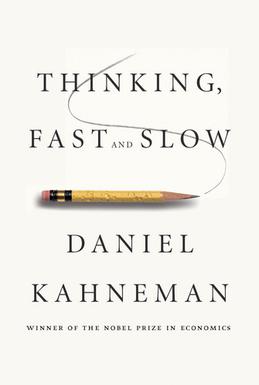macdoc
Philosopher
I'm going to request this be a sticky for this forum.
Please add your top books AND some commentary and review, what you found AWESOME!
....not just a laundry list please.
••••
This guy is flat out fun...not just for science readers....

a total delightful triology - you'll find yourself every few pages exclaiming loudly .....I never knew that !!!...it's both accessible and intensely developed and erudite.
The three books start with him as a fresh faced Peace Corp volunteer establishing a gorilla reserve in Uganda ( that was an eye opener about the country and gorillas)
and progressed through Feathers and Seeds both of which are world view benders.
Seeds is just out and I'm sure will win its share of awards as well.
Funny, informative...brilliant combination. He tells a good story and you come away better informed....in some cases MUCH better informed. He weaves science into everyday life and the books ( especially when his young kid gets engaged ) in a marvelous manner.
He weaves science into everyday life and the books ( especially when his young kid gets engaged ) in a marvelous manner.
Please add your top books AND some commentary and review, what you found AWESOME!
....not just a laundry list please.
••••
This guy is flat out fun...not just for science readers....

a total delightful triology - you'll find yourself every few pages exclaiming loudly .....I never knew that !!!...it's both accessible and intensely developed and erudite.
The three books start with him as a fresh faced Peace Corp volunteer establishing a gorilla reserve in Uganda ( that was an eye opener about the country and gorillas)
and progressed through Feathers and Seeds both of which are world view benders.
Thor Hanson was born and raised in the Pacific Northwest, where he now lives on an island with his wife and son. He caught his first salmon at age four, and often collected a wide array of temporary summertime pets, from caterpillars and tadpoles to garter snakes, hermit crabs, and tree frogs. His early interest in the natural world steered him towards a career in conservation biology. Hanson received his bachelor’s degree from the University of Redlands, his master’s from the University of Vermont’s Field Naturalist Program, and his doctorate in a joint program through the University of Idaho and the Centro Agronómico Tropical de Investigación y Enseñanza, Costa Rica.
Hanson’s research and conservation activities have taken him around the globe. He has studied Central American trees and songbirds, nest predation in Tanzania, and the grisly feeding habits of African vultures. He served as a U.S. Peace Corps volunteer in Uganda, where he helped establish the mountain gorilla tourism program in Bwindi Impenetrable National Park, and he has also helped manage a brown bear tourism project for the U.S. Forest Service in Alaska. He often works at the interface between natural and human systems, and is currently involved in a project assessing the ecological impacts of warfare.
Hanson is a Guggenheim Fellow, a Switzer Environmental Fellow, and an independent conservation biologist based in the San Juan Islands. He has received research grants from the Organization for Tropical Studies, the DeVlieg Foundation, and the National Science Foundation’s IGERT Program, among others. He teaches field courses, reviews for academic journals, consults for conservation groups and government agencies, and is a sought-after public speaker. Hanson's many media appearances have included NPR's Fresh Air, PRI's The World, and The Current on CBC.
His recent book, FEATHERS, won the John Burroughs Medal and was nominated for The Samuel Johnson Prize. It also received the A.A.A./Subaru SB&F Prize for science writing and a Pacific Northwest Booksellers Association Award, and was a finalist for The Washington State Book Award. His first book, THE IMPENETRABLE FOREST, won the 2008 USA Book News Award for nature writing
Seeds is just out and I'm sure will win its share of awards as well.
Funny, informative...brilliant combination. He tells a good story and you come away better informed....in some cases MUCH better informed.












 Alluding, obviously.
Alluding, obviously. 


